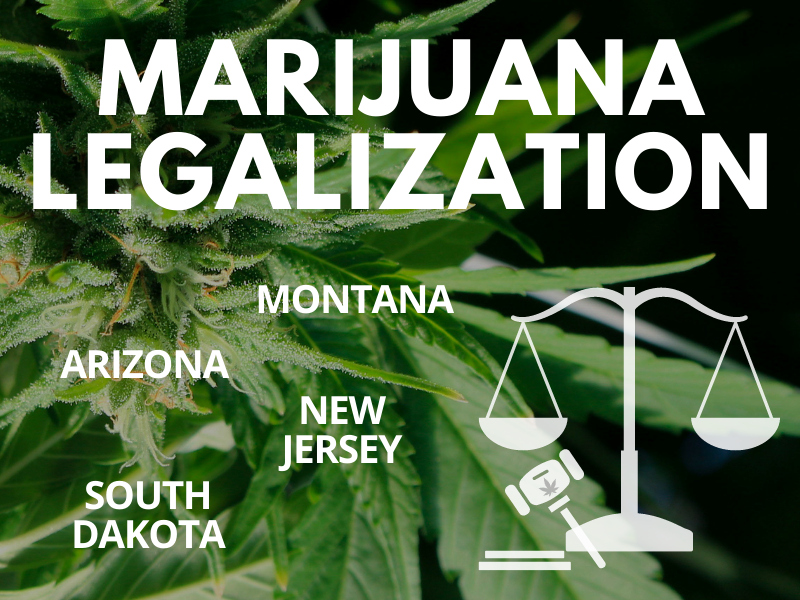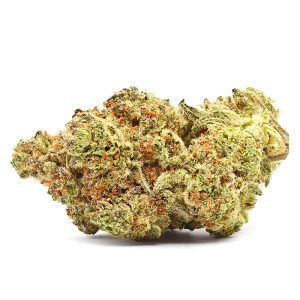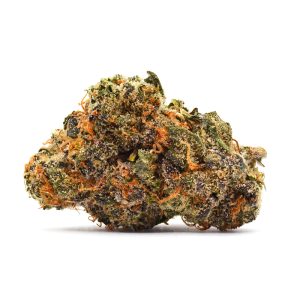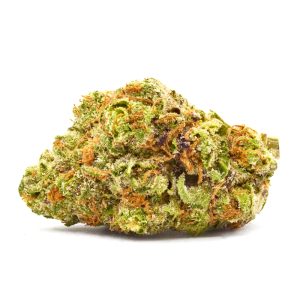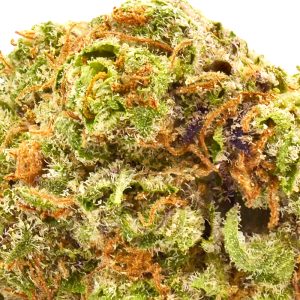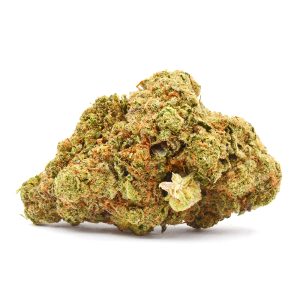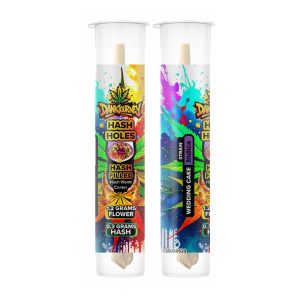The 2020 election day was pivotal for marijuana policy — all of the proposed initiatives to legalize recreational and medicinal cannabis passed. The preliminary results show that voters approved recreational cannabis use even in the most conservative states.
Voters approved recreational marijuana legalization in four states: Arizona, Montana, New Jersey, and South Dakota. This positive shift indicates that the public views and recognizes cannabis as a beneficial plant. The legalization is expected to aid the growing marijuana industry and bring new tax revenue to states that have been hit hard by the pandemic.
In summary:
- Arizona, Montana, New Jersey, and South Dakota voted to legalize recreational marijuana.
- South Dakota is the first state in history to legalize both medical and recreational marijuana in the same election.
- Mississippi voted to legalize medical marijuana.
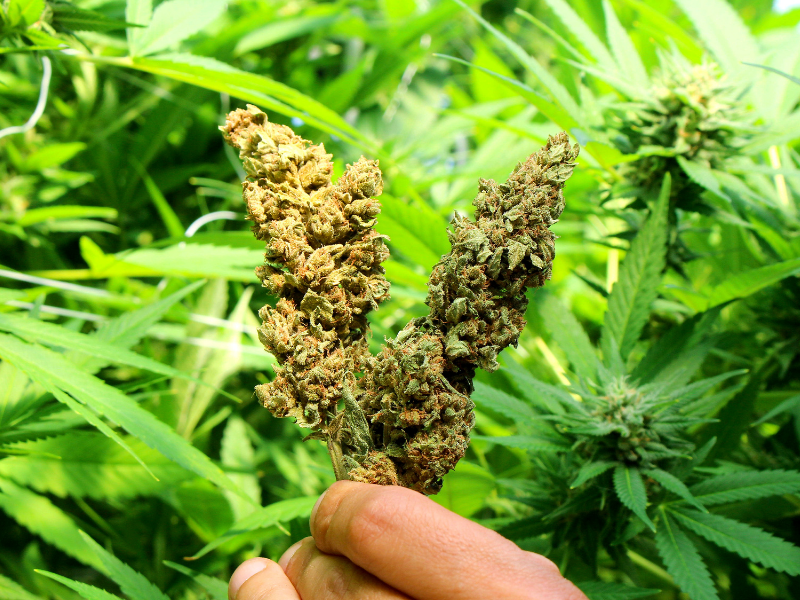
Arizona
Status: Recreational marijuana is legal in Arizona.
Arizona passed the controversial Proposition 207, nicknamed the “pot prop,” on election day and legalized recreational marijuana. Officially The Smart and Safe Arizona Act, the prop allows adults 21 and older to buy, possess, and consume an ounce of recreational marijuana. Legal possession of cannabis in Arizona begins when the election results are certified, while the official sales should begin in May 2021.
The state licensed roughly 130 already existing medical dispensaries, which will be able to start selling marijuana. The Act offers 26 recreational retail licenses to “people historically disadvantaged by marijuana laws.” It also amends criminal penalties for marijuana possession, banns smoking pot in public, and imposes a 16% excise tax on sales to fund public programs. The Arizona Department of Health Services is responsible for adopting the new state rules on cannabis.
The state’s governor, Doug Ducey, opposes the “pot prop.” In an open letter, he cited traffic concerns and influence on teenagers as some of the reasons why voters should ask against the measure.
Montana
Status: voters approve two initiatives to legalize, tax, and regulate recreational marijuana for adults over 21.
Montana had two measures up for a vote on the 2020 ballot: I-190 and CI-118 — and they both passed. The first measure legalizes, regulates, and taxes marijuana with a 20% tax on nonmedical purchases. A portion of the revenue is set to go toward land and water conservation efforts. Montana residents can legally possess up to an ounce of weed and plant up to four cannabis plants and seedlings in their homes. Initiative I-190 also allows the re-sentencing of residents convicted of low-level marijuana-related crimes.
The University of Montana estimates that the initiative will bring $236 million in new revenue by 2026. The second initiative (CI-118) amends the first one to allow adults over 21 to purchase recreational cannabis.
New Jersey
Status: voters approve initiative to legalize recreational marijuana.
New Jersey voters approved Public Question 1 on election day, legalizing recreational cannabis. Adults 21 and over will be allowed to buy and possess marijuana after New Jersey lawmakers draft and pass legislation implementing the new policy. It’s important to note that this bill doesn’t incorporate regulations that stop arrests for marijuana possession. The state established a Cannabis Regulatory Commission in 2019, whose role is to determine the logistics of recreational marijuana regulations and possession limits.
What’s special about this measure is that it sets a staggeringly low tax rate for legal weed — only 6.6 percent. Local legislatures can tax legal recreational marijuana an additional two (2) percent. Fantastic news for New Jersey, but not so much for Illinois, considering its hefty 31.5 percent taxes on legal weed.
According to the New Jersey Senate President, Steve Sweeney, low taxes and volume of sales positively affect the fight against the black market and turn the regular user to a safer option.
South Dakota
Status: voters approve two initiatives to legalize both medical and recreational marijuana. South Dakota is the first state in history to legalize both on the same ballot.
South Dakota passed both Initiated Measure 26 and Constitutional Amendment A in the same election, per the New York Times. This makes the conservative South Dakota the first state in the history of the United States to vote on both medical and recreational marijuana in the same election. For reference, the Mount Rushmore State has some of the strictest penalties for marijuana possession.
Initiated Measure 26 will allow doctors to prescribe medical marijuana to patients with a variety of conditions. Patients will be allowed to possess up to three ounces of marijuana and grow up to three plants in their homes. The measure permits minors who qualify for a medical marijuana card to receive one under a designated caregiver that’s over 21 and is responsible for administering the medicine. The measure grants the Department of Health regulatory oversight over medical marijuana.
Constitutional Amendment A will allow individuals 21 and older to buy and consume marijuana. Once the Department of Revenue regulates licensing, manufacturing, testing, etc., adults will be able to possess up to one ounce of marijuana flower. Citizens will be allowed to grow up to three plants if they live in a town that doesn’t have a licensed dispensary. The bill also allows possession of up to eighty grams of marijuana concentrate.
As of right now, South Dakota’s local governments can still ban dispensaries from opening up. Like other governors, Governor Kristi Noem is against the legalization effort and urged voters to vote against the initiatives.
Mississippi
Status: voters approve medical marijuana legalization.
Mississippi passed Initiative 65, allowing doctors to prescribe medical marijuana to patients suffering from a list of approved medical conditions like cancer and Crohn’s disease. Patients will be allowed to possess up to 5 ounces of marijuana flower. The citizen-initiated measure gives the state Department of Health the regulatory oversight over medical marijuana. Mississippi’s initiative passed by wide margins, which indicates the inevitable legalization of medical cannabis in the state.
Bottom line
As of this writing, medical marijuana is legal in 33 states, while recreational cannabis is legal in 11 states and Washington, D.C. The number of states that are initiating the legalization of cannabis as a whole is increasing. Winning in conservative states like South Dakota sends a loud message about expected change to both the federal and state governments.

